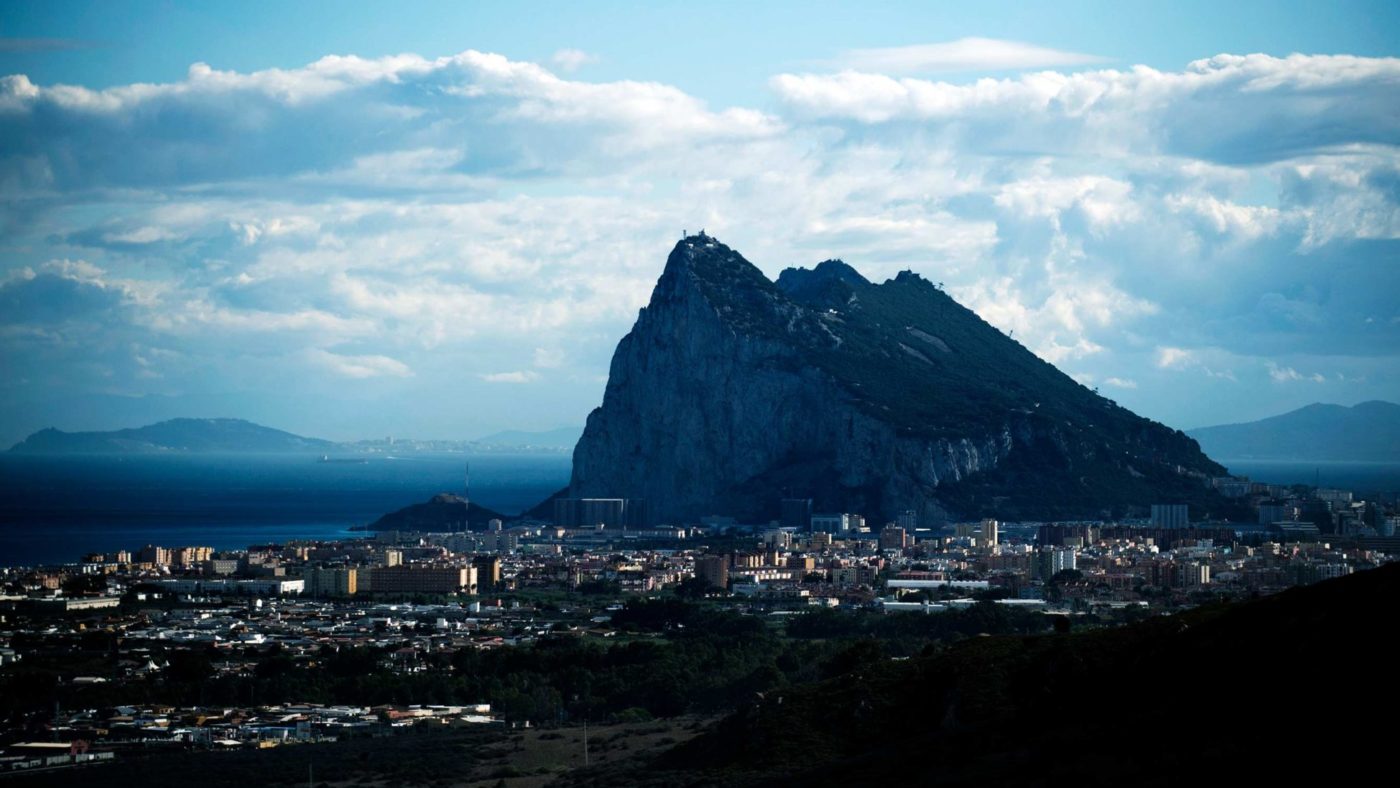Some things are inevitable and predictable. The sun rises. The sun sets. England falter at the World cup. Shops put out Christmas decorations in October. The Spanish Government puts a spoke in the wheels of Brexit over Gibraltar.
Under Article 50 of the Lisbon Treaty, no one country has veto rights over the departure terms for a withdrawing EU member state. But under the EU’s Brexit negotiating guidelines from March 2017, the European Council agreed amongst itself that any terms relating to Gibraltar inserted into the future treaty would only be signed off if Madrid agreed to them.
Notably, this was not included in anything the UK signed up to as part of the Phase One report that included, most significantly, the Irish backstop. The Spanish veto is something that EU leaders signed up by themselves, and amongst themselves.
Having a good end deal in sight is a key precondition to the UK agreeing to to the transitional deal that gets both parties there. That precursor is at risk. At a stroke, the EU handed Madrid a weapon that could unravel the whole Brexit process and trigger a No Deal scenario if its blackmailing went too far – an area where it has form.
Madrid has long standing issues over the Territory. It retains a claim over the Rock, which is indeed recognised in the treaty terms that ceded it to the UK. Spain has first dibs should the UK decide to change its sovereign status – clauses which Spain itself has deviously exploited to simultaneously obstruct reforms that develop local democracy, while complaining about the very lack of it to justify demanding the land back.
It has a more reasonable claim for redress over the airport, which encroached onto no man’s land. That was, excuse the pun, a base necessity to win the Second World War.
However, addressing the Spanish objections here now would at most involve posting a civil servant to a building. Meanwhile, and quietly contradicting Spanish moral outrage in all this, are its own historical territorial extravagances in North Africa – Ceuta and Melilla, plus a handful of other islands and outcrops that themselves occasion a jostle with Morocco; plus Olivenza, a town that Spain should have returned to Portugal in 1815 but never did.
As to the track record, Spain has also been more than willing to make an exceptional nuisance of itself over EU treaty changes in the past. It is not unique in this. Slovenia threatened to block Croatian accession over a few hundred yards of disputed coastline and some old bank assets. Both France and Spain threatened to block Norwegian accession unless it gave them both increased access to their fisheries – selfishness that ultimately undid the Norwegian referendum Yes campaign. But Spain also, remarkably, threatened to block Austrian accession unless Ireland, in an entirely disconnected manner, gave it accelerated access to its own fishing grounds. This has put Madrid top in the EU’s treaty-pooping league. The European Council was forewarned.
Taken together, Madrid’s latest apparent bout of intransigence was more than completely predictable. Its inevitability, and how to respond to it, was a discussion point in Government circles and Westminster within a matter of weeks of the referendum result coming out. What has been more surprising has been the level of official emollience up to now – we were expecting strategic silence up to the last minute rather than the friendly and cooperative noises that latterly flowed under Prime Minister Rajoy. But then his Government collapsed. For the current tidal action in policy, domestic politics is responsible.
At present, Spain is run by a wobbly Socialist-led coalition, which is also having to juggle the practicalities of direct rule in Catalonia. A general election is on the cards in the new year. To win, the Sanchez Government is picking up the tactics its Partido Popular opponents had dropped and has started to bang the bin lids over the Rock.
This may yet have peculiar internal consequences. Talking tough appeals to Spanish nationalists, but distresses many on the Left in Andalucia, since tens of thousands of local jobs in a comparatively poor and traditionally left-leaning region depend on either physically being able to cross the border to get to work, or rely on spill over of wealth from a successful economy there. The kick back from a new nationalist tone from the Socialists may carry complex party ripples that ultimately limit its deployability.
Meanwhile, reminders of the importance of the British base from NATO’s geostrategic perspective will carry less weight to a Spanish government that is ready to oil Russian warships on their way to operations in Syria, while boasting about how its base at Rota (50 miles up the coast from Gibraltar) will take over from Northwood to act as the EU military HQ running its anti-piracy missions off Somalia.
The shouting in which Madrid’s Socialist leaders are currently engaged may be little more than grandstanding, a desperate and shallow attempt to win over some nationalist swing voters. Apparently, those crossing the Gibraltar border this morning faced no queues and were met by the border guard with a friendly smile. But while it would be a mistake to entirely write off these protestations from an insecure and vexed minority government, it would be a greater one for the British Government to panic and yield to any imminent Spanish demand for damaging and privileged access to UK fishing grounds.


